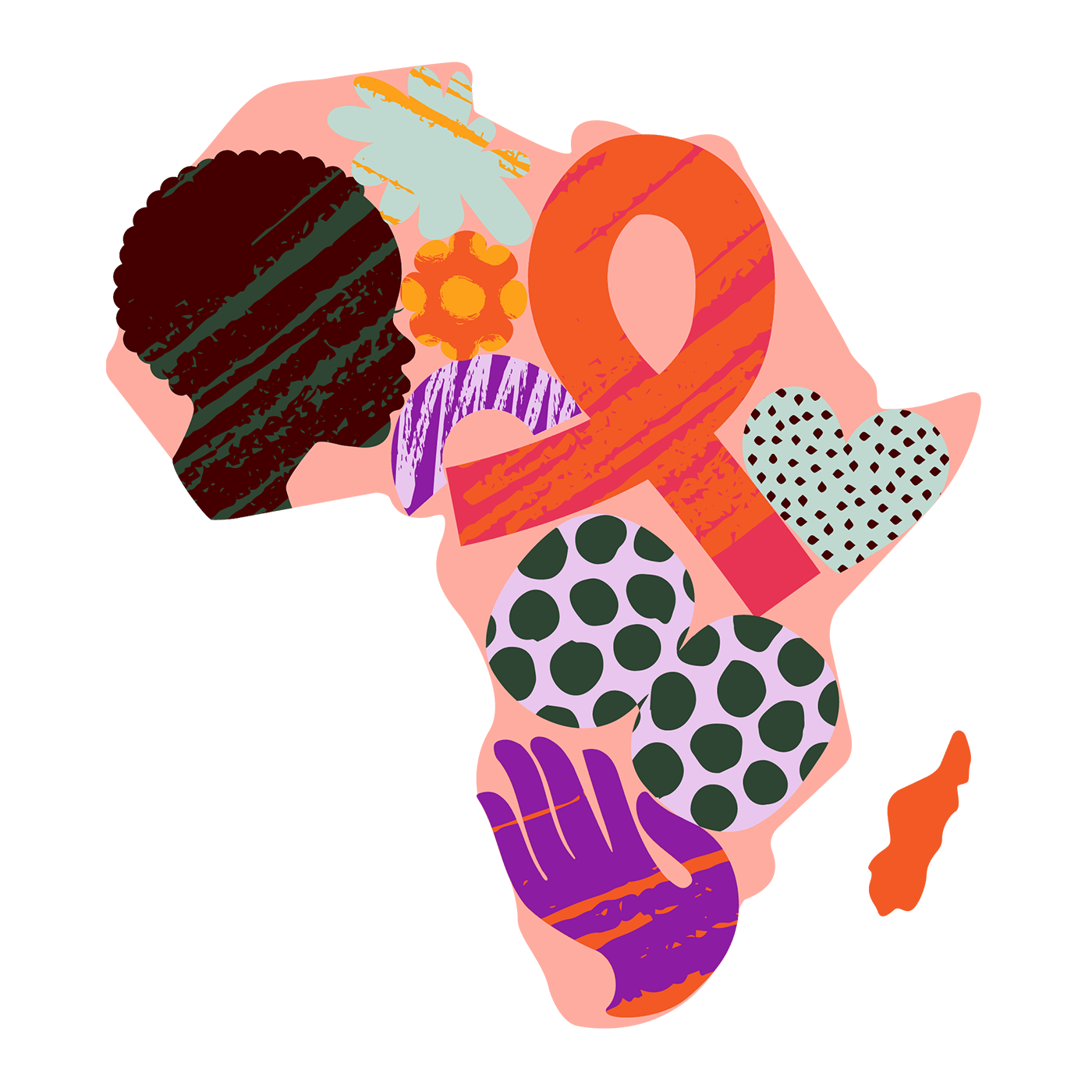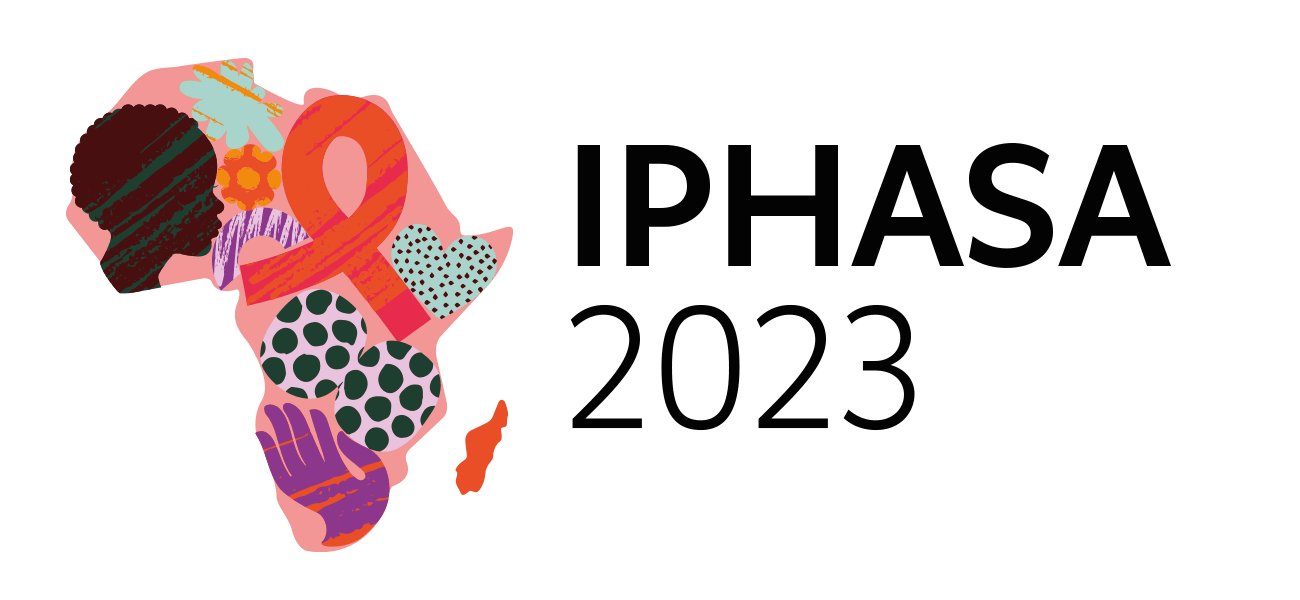

Sign up to receive the latest IPHASA 2023 updates
© Copyright: 2023 IPHASA & IAS – the International AIDS Society


It is an exciting moment for me to welcome you to the second edition of the International Paediatric HIV Symposium for Africa! This time, the meeting will be held face to face in Harare, Zimbabwe. We are delighted to meet you in person. All of us across the globe are rallying behind the newly launched Global Alliance to End AIDS in Children by 2030, and the IPHASA 2023 theme is aligned with this initiative: What can we do differently: Closing the gaps in paediatric HIV prevention, care, testing and treatment. We need to “turn off the faucet so that we do not keep mopping the floor”. At this year’s meeting, our focus will be on sharing experiences on what we can do differently to improve the efficiencies in our programmes for children living with HIV. We will challenge ourselves on how best we can do more with less and still have great impact. We will exchange ideas on innovative ways to integrate and sustain what we do. The voices of caregivers and health workers will be heard. You do not want to miss this year’s meeting. It is my greatest pleasure to welcome you to IPHASA 2023!
Eleanor Namusoke-Magongo,
IPHASA Founder and Chair

Globally, 2.73 million children younger than 15 years are living with HIV, according to the UNAIDS 2022 report; 160,000 children acquired HIV in 2021, and 110,000 AIDS-related deaths occurred in that year. The African continent is the epicentre of the HIV pandemic, accounting for almost 85% of vertical transmissions. Levels of access to ART vary, from 56% in eastern and southern Africa to 35% in western and central Africa.
In addition, 14.9 million children worldwide lost one or both parents due to AIDS-related deaths in 2021. These gaps are hampering the path towards achieving the 95-95-95 goals for paediatric and adolescent populations and demand strengthened efforts to improve testing, treatment and retention in the HIV care cascade.
Substantial evidence is generated in the field of paediatric HIV services. However, translation of that evidence into practice for Africa has been a challenge.
“The World Health Organization, UNICEF and UNAIDS have for years provided guidelines for countries in implementing HIV services for children living with HIV. However, this has not necessarily translated into policy and practice in diverse regions and countries, especially on the African continent. The aim of IPHASA is to build capacity of healthcare workers, policy makers and all stakeholders in the implementation of evidence-based approaches to reduce the “know-do” gap. At this meeting, best practices and new research findings on children living with and affected by HIV will be disseminated. It is with great pleasure that I welcome you to the 1st International Paediatric HIV/AIDS Symposium in Africa. We hope that this virtual symposium, with its unique brand of integrating implementation science research into the programme, will contribute to improving paediatric HIV programmes on the African continent.”
Eleanor Namusoke-Magongo, IPHASA Founder and Chair.

IPHASA will share paediatric HIV evidence and good practices to help support in-country implementation and adaptation across the African continent. Symposium participants will include healthcare workers, policy makers, programme implementers, representatives of ministries of health and researchers working on paediatric HIV.
By attending the symposium, you will:


© Copyright: 2023 IPHASA & IAS – the International AIDS Society
